 |
| Minister of Foreign Affairs Bui Thanh Son surveyed the pilot operation of the Ban Gioc Waterfall Scenic Area (Vietnam) - Duc Thien (China). Vice Chairman of the People's Government of Guangxi Province Liao Pinhu (second from left) participated in the survey on April 3, 2024. (Photo: Nguyen Hong) |
Dear Deputy Minister, on the occasion of the 80th anniversary of the establishment of the Vietnamese Diplomatic Service (August 28, 1945 - August 28, 2025), could you please tell us about the role of the Vietnamese Diplomatic Service in protecting the sovereignty and territorial integrity of the Fatherland over the past 8 decades?
Protecting sovereignty and territorial integrity is one of the sacred missions, the continuous task of the entire Party, people and army. Exactly 80 years ago, on August 28, 1945, the Provisional Government of the Democratic Republic of Vietnam issued a Proclamation of Establishment with a list of the National Unification Cabinet, at that time President Ho Chi Minh concurrently held the position of Minister of Foreign Affairs, officially opening the first page of history for Vietnam's revolutionary diplomacy.
Over the past eight decades, the Vietnamese diplomatic sector has always maintained its role as one of the three important pillars of the cause of building and defending the Fatherland, pioneering in implementing the motto of "responding to all changes with the unchangeable" in affirming and preserving the sacred sovereignty of the Fatherland, that is, flexibly and skillfully applying peaceful measures such as dialogue, negotiation, international legal tools and foreign communication to affirm the nation's righteousness, promote friendly relations, seize opportunities, resolve challenges in each historical period, thereby firmly protecting the "unchangeable" national interests.
From the historical struggle for independence to the cause of building and defending the Fatherland today, there have been persistent, silent and very proud contributions from generations of Vietnamese diplomats. Notably, it is not purely about protecting sovereignty, but protecting sovereignty in conjunction with maintaining a peaceful and stable environment to promote cooperation and national development.
 |
| Alternate member of the Party Central Committee, Permanent Deputy Minister of Foreign Affairs Nguyen Minh Vu. (Photo: Tuan Anh) |
On land, with the will, determination and continuous efforts in negotiations, on the basis of steadfastness in principles and flexibility in approach, with the spirit of respect, goodwill and compliance with international law, we have planned the entire border with China, Laos and Cambodia; completed all border demarcation and marker planting work with China and Laos; completed 84% of the border demarcation and marker planting work with Cambodia (the two countries are also actively coordinating negotiations to promote the settlement of the remaining 16% of the border demarcation and marker planting work, in which priority is given to resolving the 6% group related to land exchange according to the 2011 MOU model); signed legal documents on border establishment and border management regulations with other countries, thereby building and consolidating a common border of peace, stability, friendship, cooperation and development; contributing to building the image of a Vietnam that loves peace, deeply integrates and has prestige in the international arena.
At sea, the Vietnamese Foreign Affairs sector has presided over and coordinated with relevant ministries and sectors to carry out the work of establishing and protecting Vietnam's legitimate and legal rights and interests at sea in accordance with international law, especially the 1982 United Nations Convention on the Law of the Sea (UNCLOS 1982).
The signing of international agreements and treaties such as the Vietnam-Cambodia Historical Waters Agreement in 1982, the Vietnam-Thailand Exclusive Economic Zone and Continental Shelf Boundary Agreement in 1997, the Vietnam-China Agreement on the Delimitation of Territorial Sea, Exclusive Economic Zone and Continental Shelf in the Gulf of Tonkin in 2000, the Vietnam-Indonesia Continental Shelf Boundary Agreement in 2003, our completion of negotiations on the delimitation of the exclusive economic zone in 2022 with Indonesia, the official submission of the Vietnam-Cambodia Continental Shelf Submission Document beyond 200 nautical miles in the Central East Sea Area in 2024, or most recently, our Government's announcement of the baseline used to calculate the width of Vietnam's territorial waters in the Gulf of Tonkin in 2025 are all "historic" milestones in the process of establishing legal maritime zones and resolving overlapping maritime zones on the basis of international law.
In addition, we also promote bilateral maritime cooperation mechanisms with neighboring countries such as the Agreement on determining joint oil and gas exploration and exploitation areas with Malaysia in 1992, the Agreement on fisheries cooperation in the Gulf of Tonkin with China in 2000... as well as international dialogue and cooperation programs on the sea.
These mechanisms are not only economically significant, but also contribute to strengthening strategic trust, maintaining a peaceful and stable environment in the region, and creating favorable conditions for peacefully resolving disputes and disagreements in the East Sea.
It can be said that these achievements demonstrate the strategic vision and mettle of our Party and State, in which the Foreign Affairs sector is honored to be the pioneer in implementation.
 |
| Delegates cut the ribbon to inaugurate the Long Sap (Vietnam) - Pa Hang (Laos) international border gate pair, November 19, 2024. (Source: National Border Committee) |
Dear Deputy Minister, Vietnam and its neighboring countries have now completed all land border planning work and basically completed the work of border demarcation and border marker planting. So in that context, what will be the priority focus or breakthrough direction of the Foreign Affairs sector in land border work in the coming years?
Up to now, we have achieved very important achievements in land border work with neighboring countries as mentioned above.
In the coming time, in addition to continuing negotiations to resolve outstanding border issues, including 16% of the Vietnam-Cambodia land border that has not been demarcated and marked, the Foreign Affairs sector has identified two strategic focuses in land border work:
Firstly, maintaining a peaceful and stable environment in the border area through maintaining effective and smooth operation of bilateral border management cooperation mechanisms, coordinating well the management of land borders on the basis of legal documents on borders and related agreements signed between Vietnam and relevant countries; at the same time, proactively and promptly handling situations arising in the field.
Second, promote “development cooperation”, considering this a breakthrough and foundation to consolidate and maintain peace and stability. On the basis of the established border, the Foreign Affairs sector will continue to closely coordinate with border localities and relevant ministries and sectors to implement economic diplomacy to meet the development needs of the country in general and of each locality in particular.
The management of the border gate system, construction of border works and infrastructure serving socio-economic development will continue to be focused on and effectively implemented, contributing to promoting cross-border trade, tourism, investment and people-to-people exchange while ensuring national defense and security in border areas.
 |
| The Vietnamese Foreign Affairs sector has presided over and coordinated with relevant ministries and sectors to carry out the work of establishing and protecting Vietnam's legitimate rights and interests at sea in accordance with international law, especially the 1982 United Nations Convention on the Law of the Sea (UNCLOS 1982). (Photo: Nguyen Hong) |
In the context of the East Sea situation continuing to have many complicated developments, could you please tell us about the principles and approaches of Vietnamese diplomacy on the East Sea issue?
The East Sea is of strategic importance to the security and development environment of Vietnam, has a profound impact on peace and stability in the region and is a common concern of the international community. In order to properly handle issues related to the East Sea and promote cooperation for peace and development in the region, we have continued to deploy political-diplomatic, legal and information-public opinion aspects.
On the political and diplomatic front, we thoroughly grasp the motto of “resolutely and persistently fighting to firmly protect Vietnam’s sovereignty, sovereign rights, and national jurisdiction at sea” while “maintaining a peaceful and stable environment, creating favorable conditions for national development and international integration”. This is demonstrated through three main orientations.
First, persistently promote the settlement of disputes by peaceful means, on the basis of international law, especially UNCLOS 1982.
Second, promote an active role in multilateral mechanisms such as the United Nations and clearly demonstrate our consistent stance at regional forums and mechanisms such as the ASEAN Inter-Parliamentary Assembly (AIPA), the ASEAN Regional Forum (ARF), the East Asia Summit (EAS), etc., emphasizing that disputes need to be resolved by peaceful means, without the use of force or threat of force, on the basis of compliance with international law, especially the 1982 UNCLOS.
Third, promote negotiations and exchanges to resolve existing issues and enhance dialogue and cooperation at sea with countries in and outside the region, to prevent conflicts, promote trust and seek long-term solutions to the East Sea issue.
On the legal front, Vietnam advocates persistently resolving maritime disputes by peaceful means, in accordance with international law, including UNCLOS 1982, and in fact we have applied UNCLOS in resolving maritime delimitation issues with neighboring countries.
In the coming time, we will continue to seriously implement the Declaration of the Parties in the East Sea (DOC) and actively participate in the process of building the Code of Conduct in the East Sea (COC) between ASEAN and China, with the aim of moving towards an effective, substantive document, in accordance with international law and the 1982 UNCLOS as agreed by the parties.
In addition, we also strengthen cooperation with international law organizations and leading legal experts to complete legal documents, strengthen Vietnam's legal basis for maritime areas in the East Sea and prepare legal options when necessary.
On the information and public opinion front, we clearly define that protecting the sovereignty of the sea and islands is the responsibility of the entire army, the entire people, and the entire political system. The Vietnamese diplomatic sector has been and will continue to provide information on the policies and viewpoints of the Party and State of Vietnam on maritime issues, affirming Vietnam's sovereignty, legitimate and legal rights and interests at sea; and fighting against arguments and acts that violate Vietnam's sovereignty of the sea and islands.
Through this, we want to spread the message of a peace-loving Vietnam that is determined and persistent in protecting its sovereignty, legitimate rights and interests; and actively cooperating to promote peace, stability and development in the region.
 |
| Meeting of the two Chairmen of the Vietnam-Cambodia and Cambodia-Vietnam Joint Border Committees in June 2022. |
In border and territorial affairs, many experts consider Vietnam a model for peaceful resolution of disputes. Could you please share with us any experiences drawn from Vietnam’s practice?
We are determined to inherit the lessons of our ancestors in the cause of protecting independence, sovereignty, unity and territorial integrity, while implementing a policy of peace with neighboring countries. We are also consistent in resolving all border and territorial issues by peaceful means on the basis of international law, especially the United Nations Charter, the provisions of international law as well as international maritime law regarding maritime disputes.
This approach has helped us successfully resolve many difficulties and problems in territorial border work. The successful signing and implementation of the Land Border Treaty with Laos in 1977, with China in 1999, the completion of demarcation and marker planting of the entire Vietnam-China land border in 2008 and Vietnam-Laos in 2007 as well as a series of maritime demarcation agreements between Vietnam and neighboring countries are clear evidence of the effectiveness of this approach.
More than anyone else, our country, Vietnam, understands very well the sacrifices and losses of war, so the peaceful resolution of disagreements and differences is always our top priority. On this basis, we have skillfully maintained friendly and good relations with neighboring countries. In fact, all countries benefit when maintaining a peaceful and stable environment to create space for cooperation and national development. Vietnam identifies that building trust is an important foundation to realize that goal.
Therefore, we always persevere in establishing and maintaining bilateral and multilateral dialogue mechanisms, implementing cooperation in many fields in border areas, creating conditions for sustainable development of trade, tourism and people-to-people exchange activities while ensuring national defense and security and order in border and island areas.
 |
| The peaceful resolution of territorial border issues and the achievement of the border demarcation results as seen today are clear evidence of the intelligence, mettle and stature of Vietnamese diplomacy. (Source: VGP) |
An important experience is the need for close coordination between internal and external affairs, between levels, sectors and localities, creating high unity in implementing each specific task of border and territorial work.
At the same time, it is necessary to combine State diplomacy and Party diplomacy with people's diplomacy, that is, to promote the role of border residents, the scholarly community, and the media, to create a solid position of people's hearts, protecting the border with both "reason" and "emotion".
The peaceful resolution of territorial border issues and the achievement of the border establishment results as today are clear evidence of the intelligence, mettle and stature of Vietnamese diplomacy, and of the joint efforts and consensus of all levels, sectors and localities for a common goal of protecting the core values of national interests.
In the context of many changes in the international community, Vietnam's lessons on respecting international law, firmly upholding the principles of independence, sovereignty, territorial integrity, taking peace, stability, and development as goals, and cooperation as tools, remain valuable. Vietnam is ready to share those experiences with international friends, for a more stable, fairer, and more peaceful world.
Thank you very much, Permanent Deputy Minister!
Source: https://baoquocte.vn/cong-tac-bien-gioi-lanh-tho-80-nam-ben-bi-tham-lang-ma-tu-hao-cua-ngoai-giao-viet-nam-324245.html



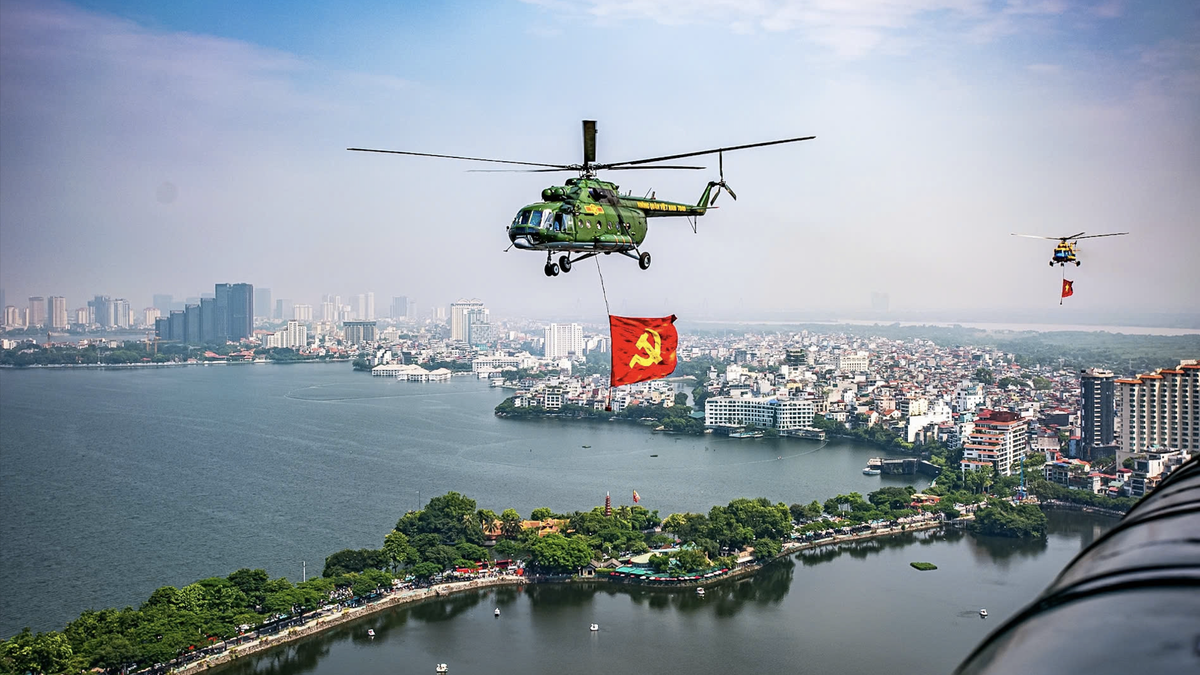
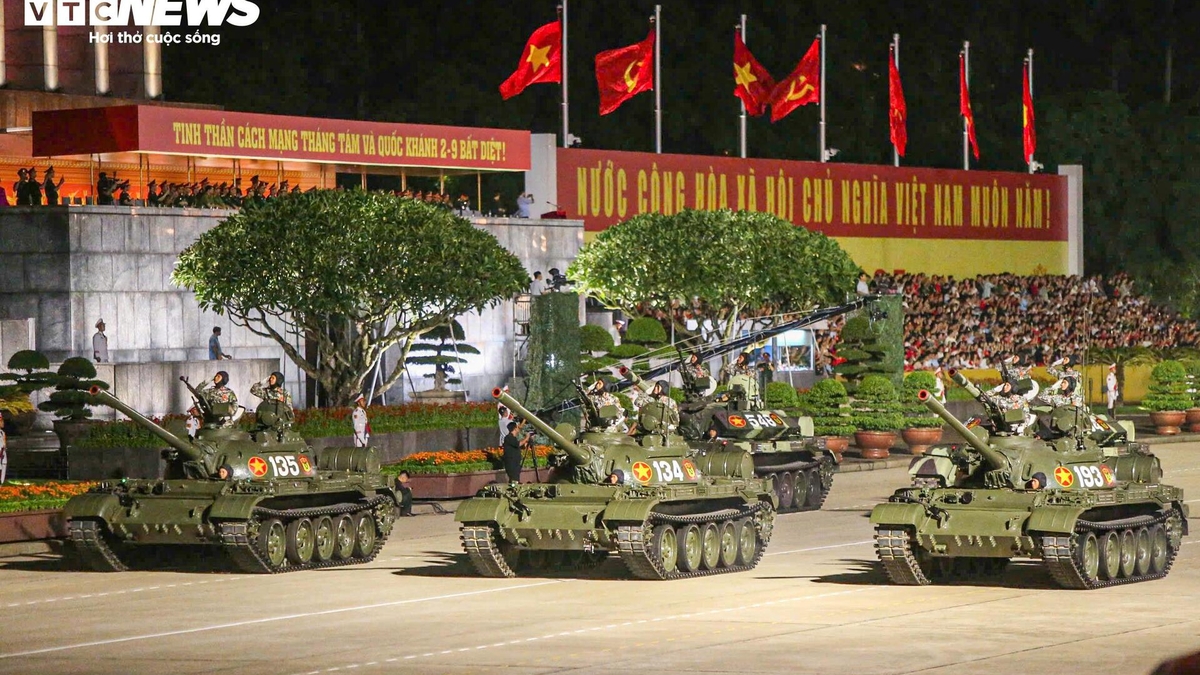
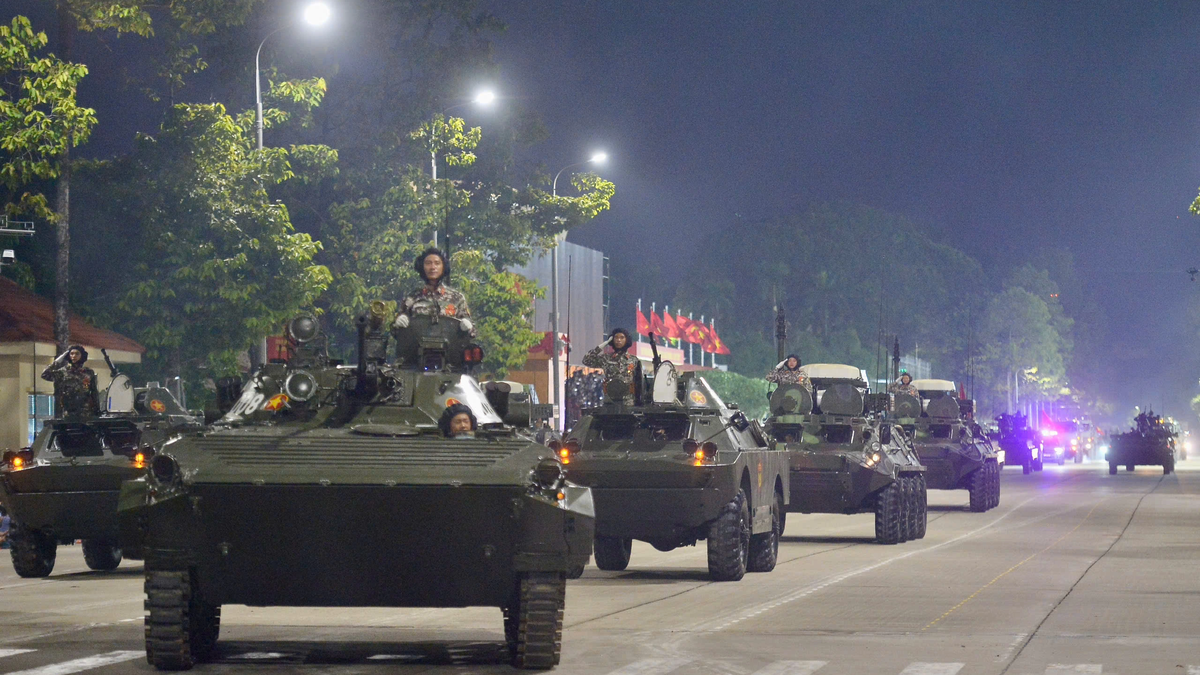
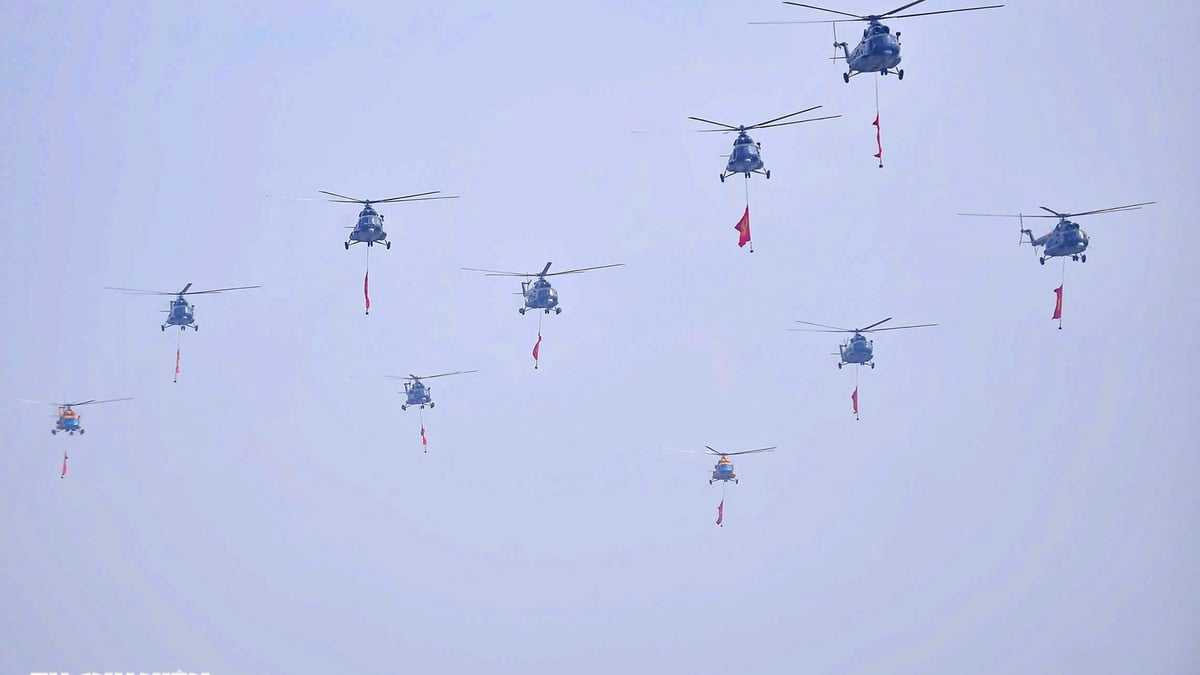
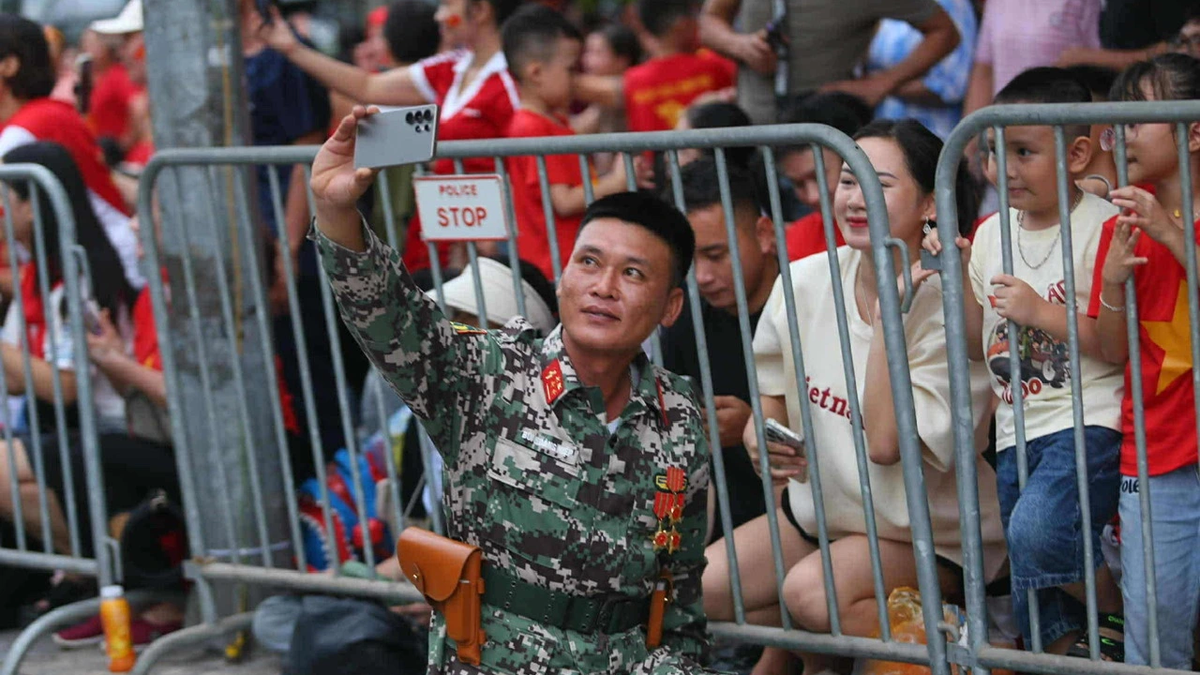
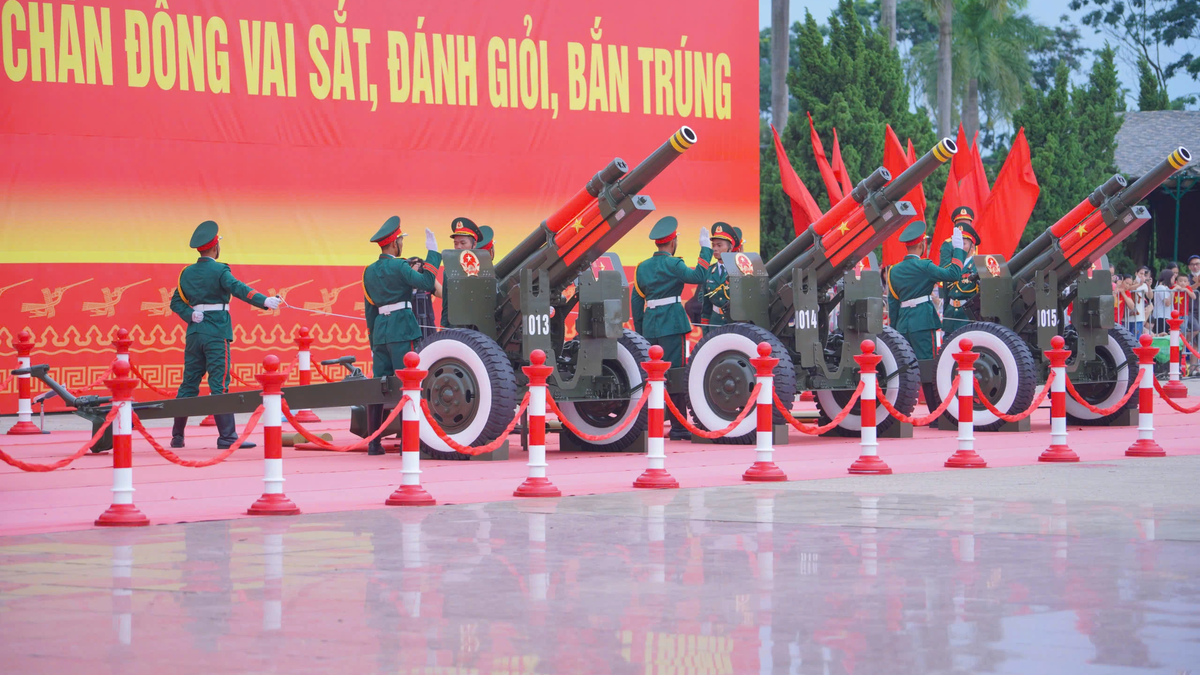
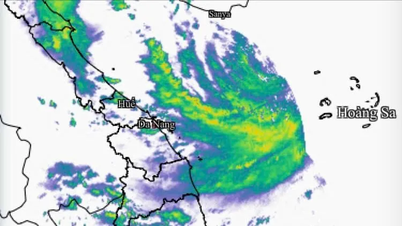

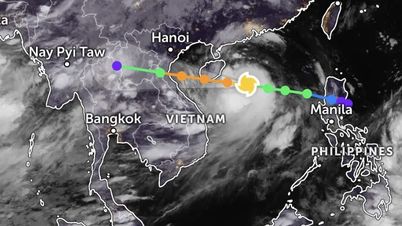
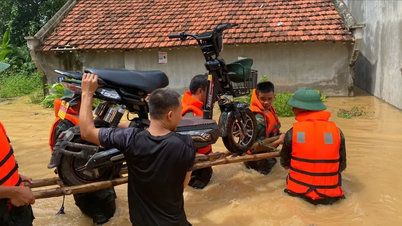
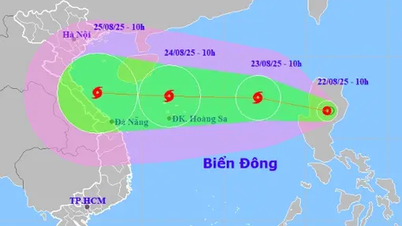

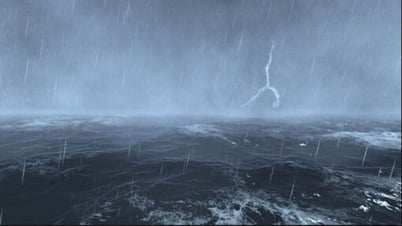
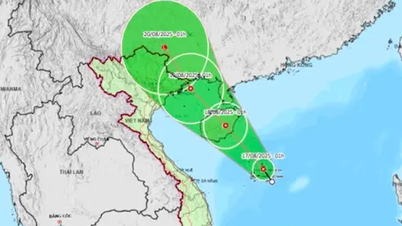


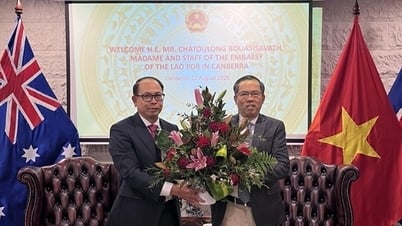
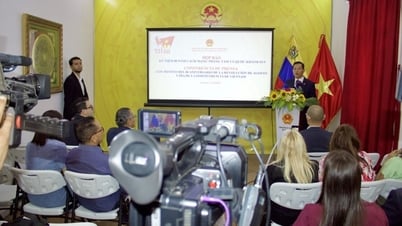
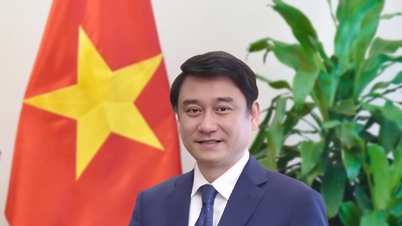
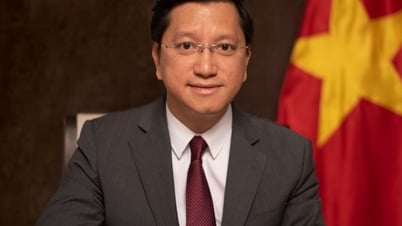
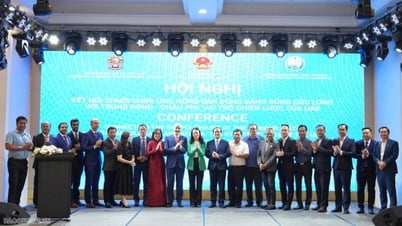




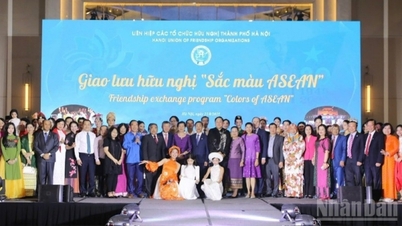
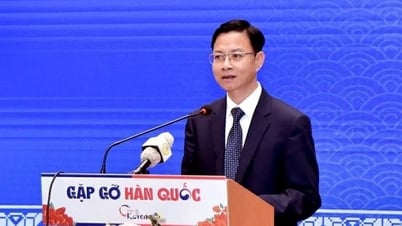
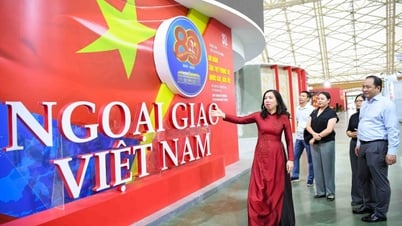
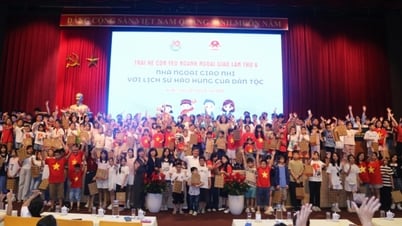
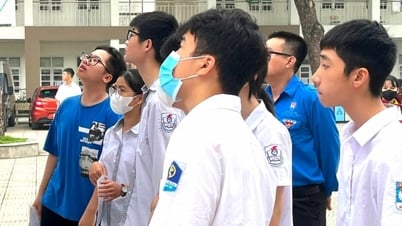
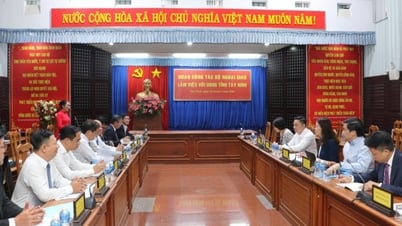


















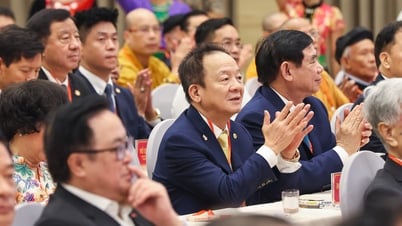












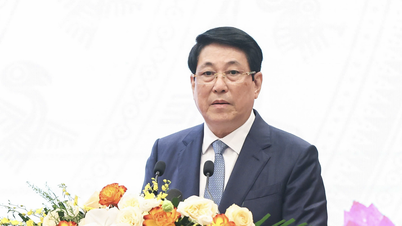








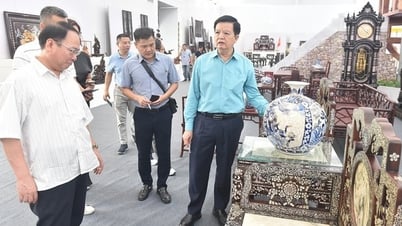








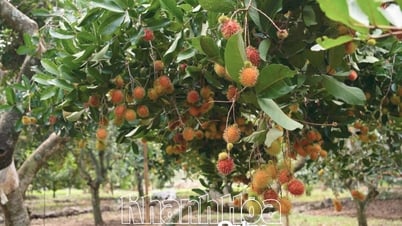

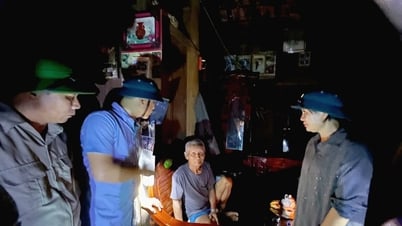

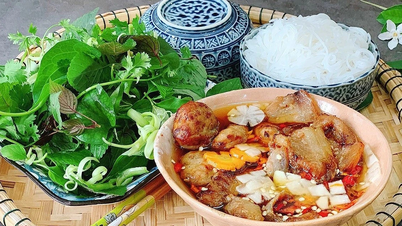

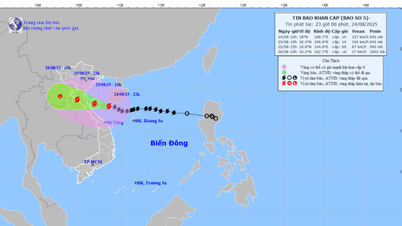
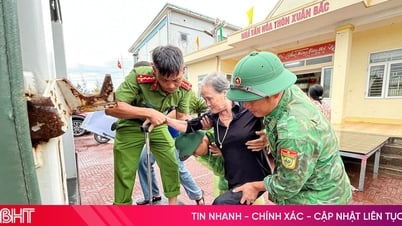

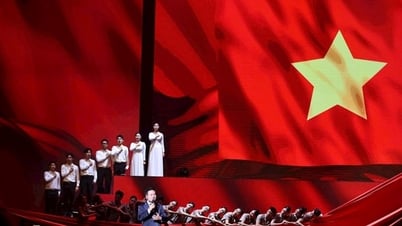












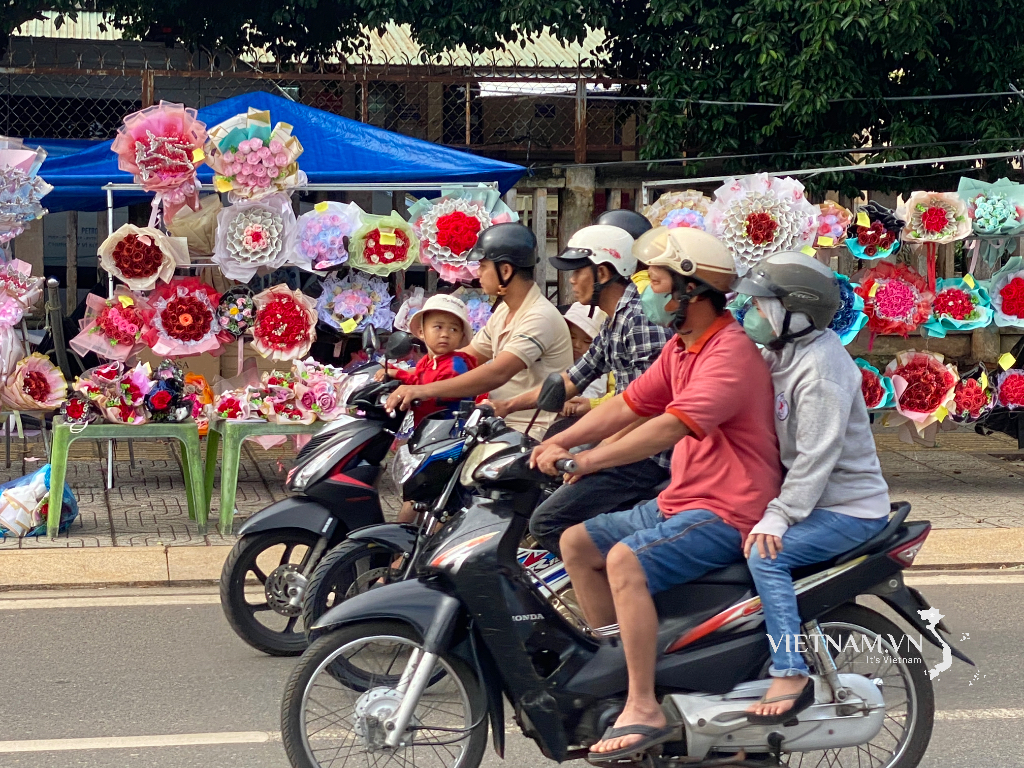
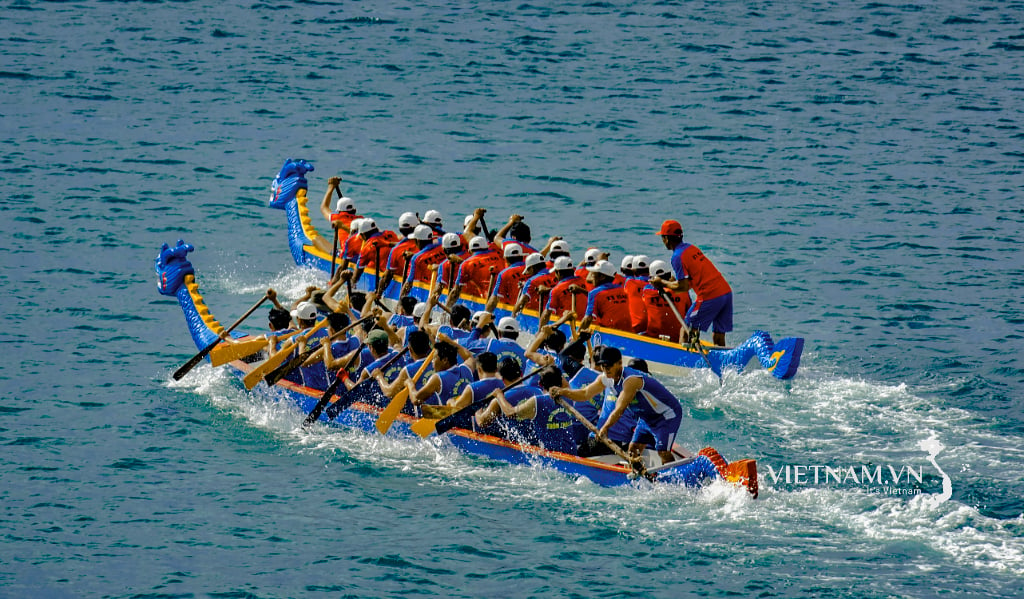
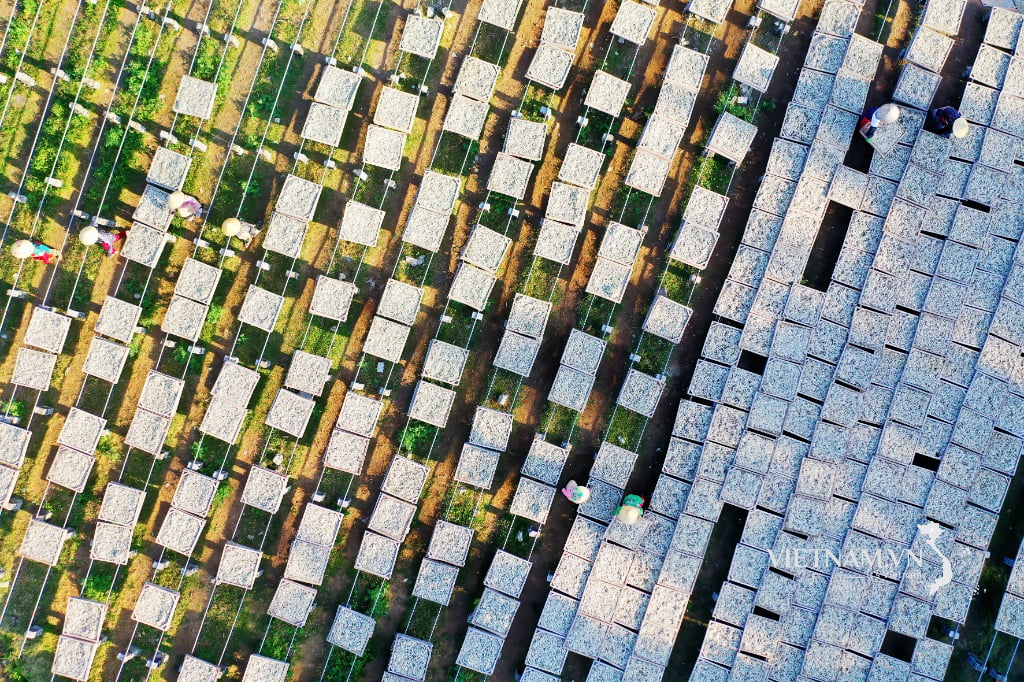

Comment (0)